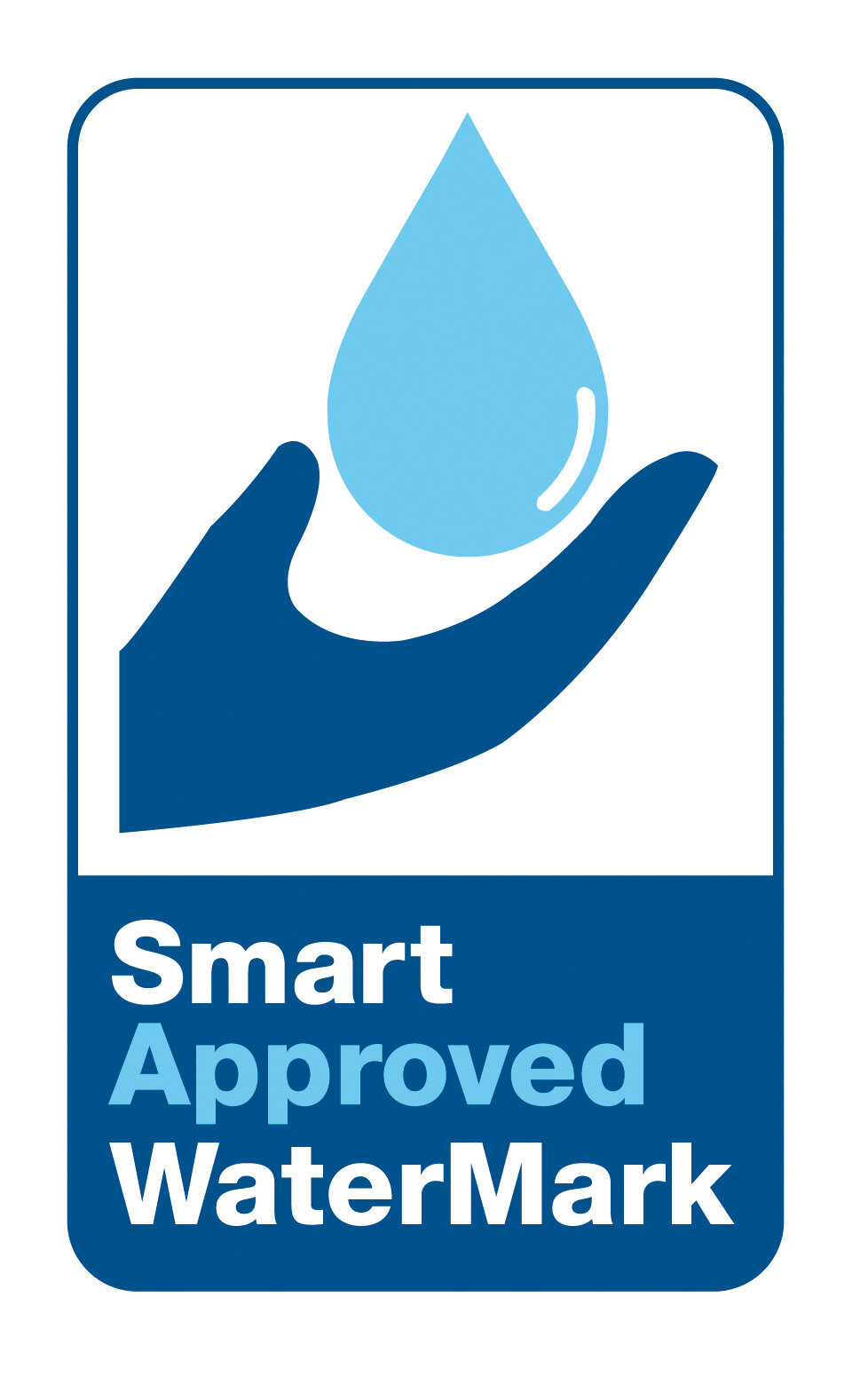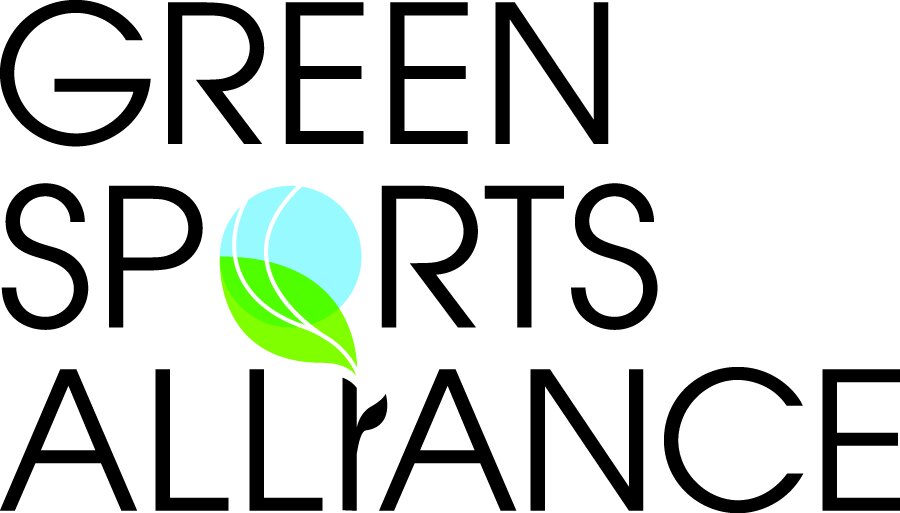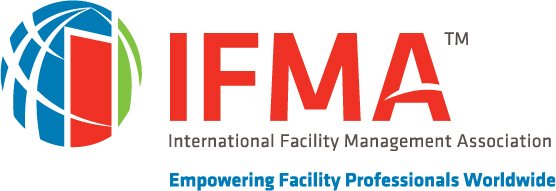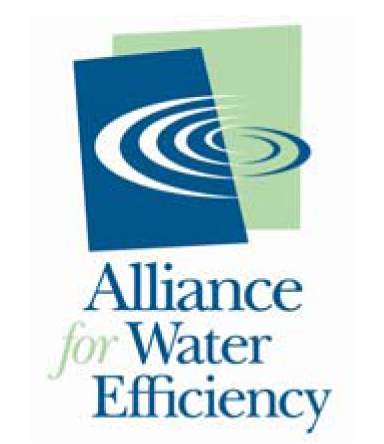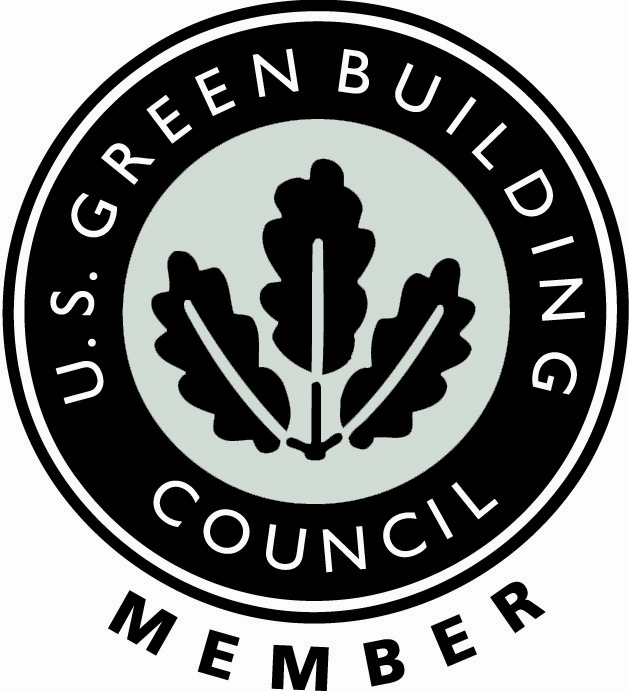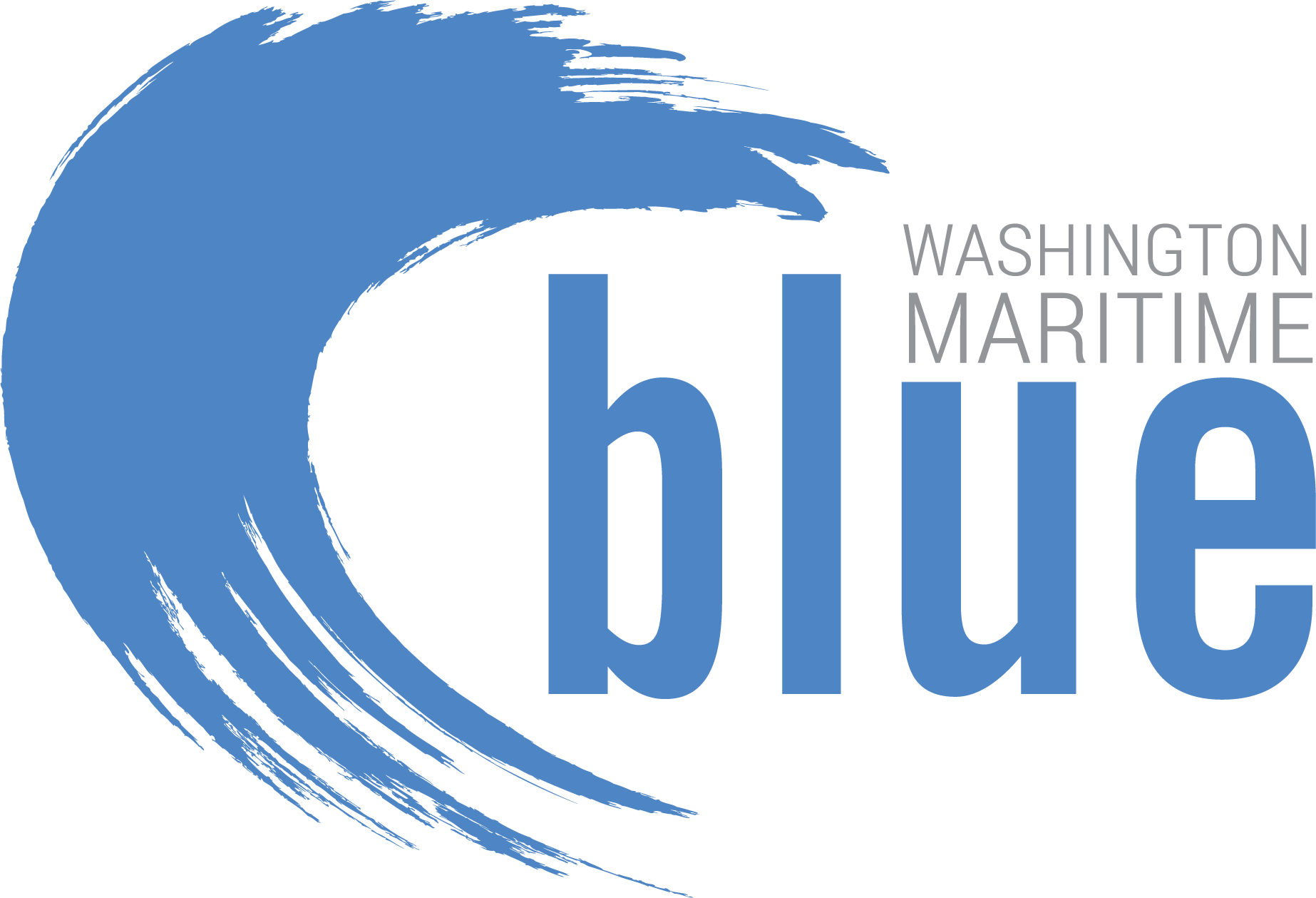When we introduced waterless urinals to the North American market 30 years ago, it certainly was not what you would call a high-technology product. It was in many ways a simple system. It just took a little ingenuity and the result was urinals that could save billions of gallons of water per year.
True, it was introduced at a time when many economies around the world were in a recession. The Gulf War had put many things on hold at that time. But that recession was not terribly severe, nor did it last very long.
The situation is different now.
Will economies around the world go into recession? Most likely, many already have. What we do not know now, no matter what the “experts” might be saying, is how bad and how long this recession will be.
For those of us in the water industry—specifically, those entrepreneurs working to develop new, high-tech water-related technologies—we must ask, how will a worldwide recession impact these new technologies and the entrepreneurs developing them?
To address this, we must focus on the short-term, medium-term, and long-term impacts of both world economies and COVID-19.
Short Term
In the short term, there is good news and not so good news.
Some of the challenges include the fact that many public and private water utility companies are already stretched financially. Many are open to new technologies that can help them improve water infrastructure and efficiency. However, due to COVID-19, they are reluctant to invest in new technologies and have become exceedingly careful with their funding.
Further, some are understaffed. Although there is no evidence, according to the Centers for Disease Control and Prevention, that COVID-19 can spread or has been detected in drinking water, most water utilities are asking their staff to stay home if they suspect they may have the virus. This just adds to the stress some water utility companies are grappling with.
For many water entrepreneurs, the unfortunate result is that if they have developed a new water-related technology, they may not have any buyers at this time. Adding a second whammy, for those entrepreneurs still developing technologies, securing seed money from investors may be even harder than it traditionally has been.
However, there is good news. Some of those water utilities that have now become extraordinarily cautious with their funds may be taking a closer look at how they are spending money, searching for ways to reduce waste and expenditures.
Photo by mrjn Photography on Unsplash
Further, the public has realized the importance of clean, treated water. This water is helping us contain the virus and stop it from spreading. In other words, instead of taking clean water for granted as happens in so many parts of the world, the public now realizes water is helping keep them safe and healthy.
Medium Term
Governments around the globe are taking several steps to help us through this recession, shorten it, and come out stronger on the other end. One way they are doing this is by providing loans to private and public entities, including water utility companies. In many cases, these will be the least expensive loans in history. Further, some loans will not need to be paid back at all if borrowers meet specific guidelines in the loan agreements.
The immediate goal of these loans is to help keep businesses afloat and keep people employed. But they are also helping water utility companies address various infrastructure problems today, which they assumed could not be tended to for several years in the future. Essentially, these are long-term investments, much of which will help eliminate water waste by billions of gallons each year.
As for getting people back to work, these loans may help utility companies offer more competitive salaries and benefits, attracting talented people, possibly even the entrepreneurs we mentioned earlier. In the past, these skilled workers avoided utility companies because the wages and benefits of private companies and corporations were higher and hard to overlook. That may change now.
Long Term
In some parts of the world, along with hoarding toilet paper, many consumers were hoarding bottled water when they first learned COVID-19 may be coming to their communities. Invariably, it was unnecessary. But once again, it tells us that consumers now realize the value of potable water—many for the first time.
Indeed, the recent shutdowns have prompted people to recognize the importance of reliable sources of clean, potable water, when they need it and where they need it. And because consumers have learned to value water so much more, encouraging them to avoid wasting water and to use it more efficiently should be easier than it has been in the past.
As for our water entrepreneurs, my best advice is not to give up. Hang in there. We should see funding and confidence in world economies improve over the next few months.
In the meantime, do what you can to define refine your technologies and demonstrate their features and benefits.
Astute financial investors are typically ahead of the curve. When they saw the possibilities of waterless urinals, many wanted to be at the front of the line, investing in this technology. The same will be true for water-related technologies still under development. Make sure you are ready to demonstrate the possibilities of your products when these investors come knocking.





